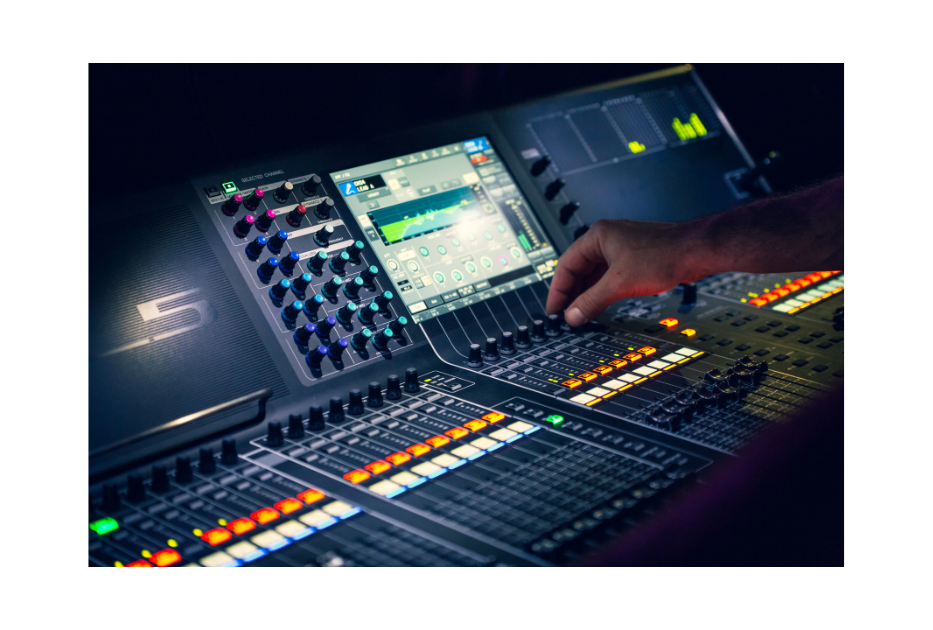Musical Engineering Careers
There are many different types of musical engineering careers, from audio engineering to sound design. Audio engineers work in studios and live settings to capture, mix, and master recordings. They may also work in post-production, creating sound effects and Foley for movies and TV shows. Sound designers create original sounds and soundscapes for video games, movies, and other media. They often work with composers to create dynamic and immersive soundtracks.
What Is a Music Engineer?
Music engineers - also
As such, music engineers are well-versed
What Does a Music Engineer Do?
Music engineers, operate the equipment that mixes, records and edits sound. As a music engineer or music engineering technician,Where Will I Work?
Several industries hire professional music engineers.
According to the U.S. Bureau of Labor Statistics (BLS), the
competition for music engineering jobs
What Education Will I Need?
To earn
While enrolled
Duties
The duties of a musical engineer can vary depending on the specific field they work in, but generally they are responsible for the technical aspects of music production and recording. This can include setting up and operating audio equipment, mixing and editing audio, and working with musicians to ensure the quality of their recordings.
Musical
engineers typically work full time, and some positions may require overtime.
Some engineers may travel to different locations for work.
Skill & Responsibilities
Some specific skills that musical engineers need are the ability to use sound recording and editing equipment, the ability to use computer-based recording software, and the ability to set up and operate live sound reinforcement systems.
There are many responsibilities that musical engineers need, but some of the most important ones include:
-Making sure that the audio equipment is set up properly and working correctly
-Ensuring that the recording environment is suitable for the artist and the music
-Operating the recording equipment during the session
-Capturing the artist's performance accurately and effectively
-Editing and mixing the recorded tracks to create a polished final product
What are the challenges that musical engineers face?
Some of the challenges that musical engineers face are:
1. Meeting the demands of the artist or band
2. Getting the best sound out of the recording
3. Working within the budget
4. Dealing with technical issues
5. Managing the time constraints
Job Outlook & Benefits
The job outlook for musical engineers is positive. A career in musical engineering can be both exciting and rewarding. As technology advances, the demand for musical engineers will likely increase.There are many different types of musical engineering careers, and the field is expected to grow in the coming years.
The benefits of becoming a musical engineer are many, but some of the most notable include:
-The ability to work with some of the biggest names in the music industry
-A well-paying career with plenty of room for growth
-The opportunity to travel the world and work in different studios
-The satisfaction of knowing you helped create someone's art
What Will My Salary Be Like?
The musical engineer salary in the USA is around $29,250 per year or $15 per hour. Entry level positions start at $29,250 per year whilst most experienced workers make up to $78,000 per year.Final Words
Overall, musical engineering is a process that is used to produce, record, and mix music. It is a process that is used to create the sound of a piece of music, and to make sure that it is recorded and mixed correctly. There are many different aspects of musical engineering, and it is important to understand all of them in order to create the best possible sound.






.png)